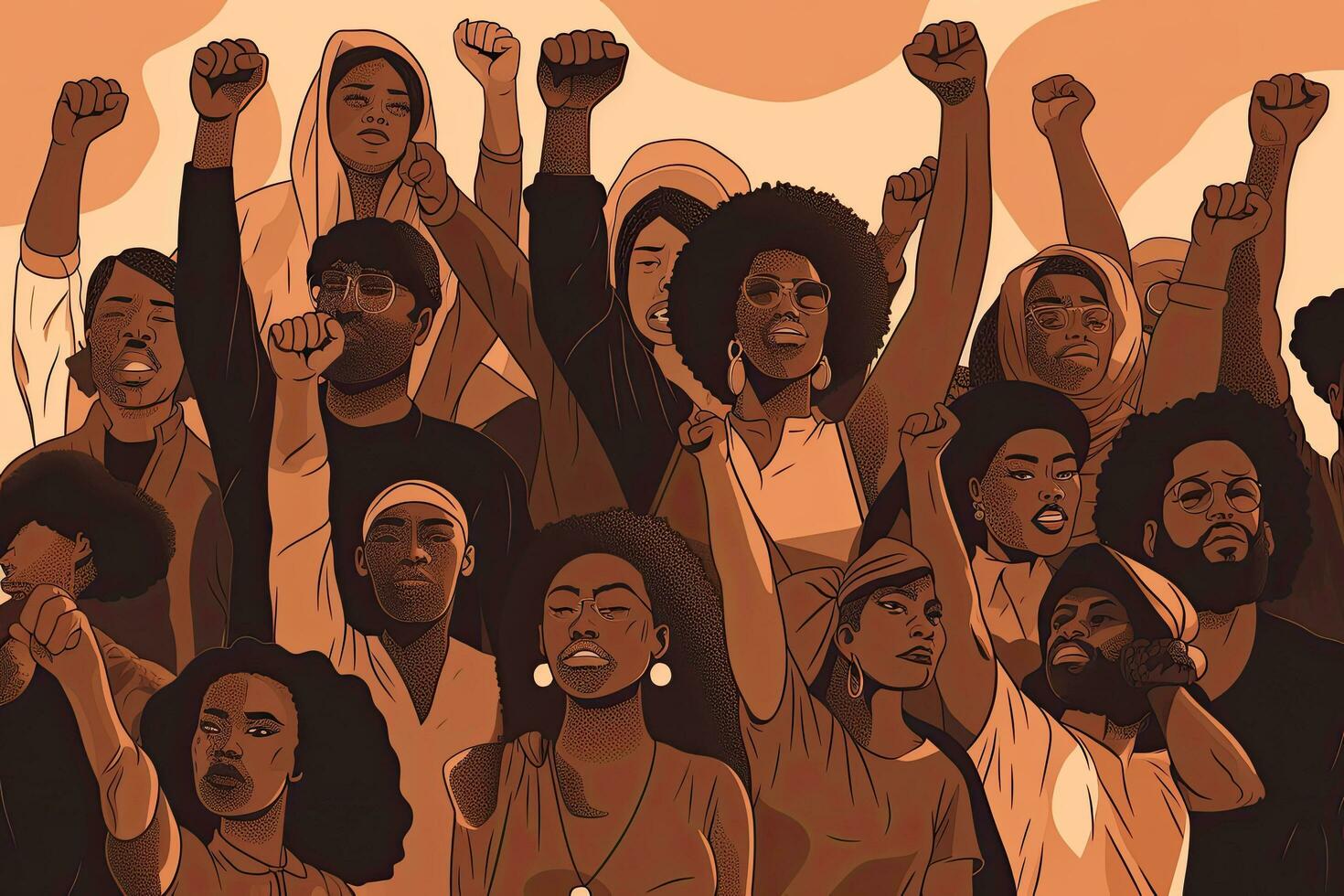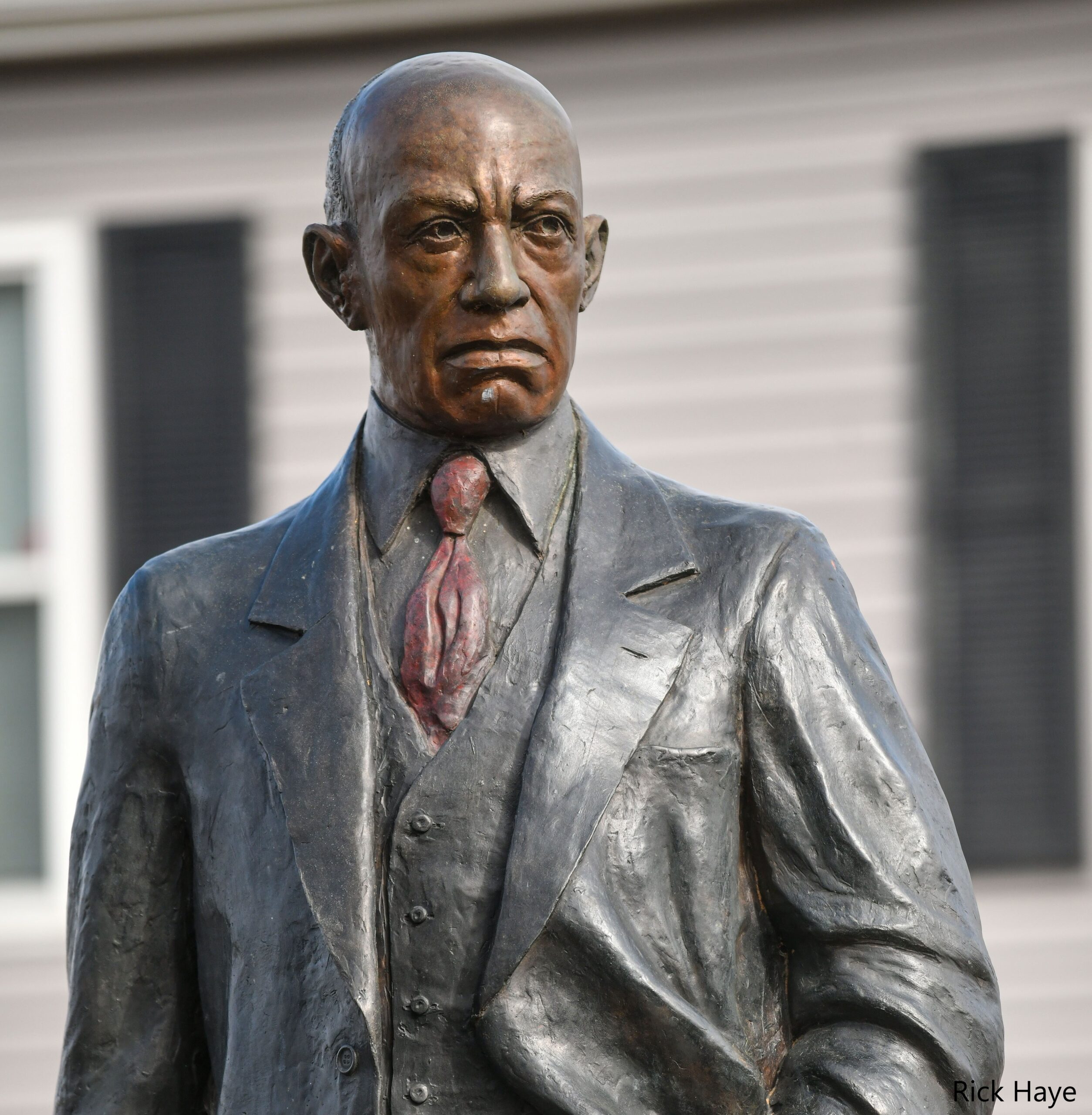Unheard Melodies of Triumph: Celebrating Black History.
By Saheed Sunday
Imagine a world where black voices, vibrant and diverse, are silenced. Their accomplishments, struggles, and dreams fade into the background, mere whispers lost in the cacophony of history. Thankfully, Carter G. Woodson refused to let this melody remain unsung. In 1926, he ignited a spark, a flickering flame that grew into the roaring celebration of Black History Week.
But this wasn't just about dates on a calendar. Woodson, the "father of Black History," yearned for something deeper. He envisioned classrooms echoing with tales of black heroes, streets alive with parades honoring black excellence, minds ignited by the rich tapestry of black culture. It was a fight against erasure, a demand for recognition, a symphony of black voices refusing to be muted.
His journey wasn't easy. He battled against ingrained biases, societal norms that treated black history as "insignificant." But Woodson, fueled by an unwavering passion, rallied fellow historians. Their collective voice, like a rising chorus, challenged the status quo.
Remember Frederick Douglass, the former slave who became a lion of abolition, his words a clarion call for freedom? Or Abraham Lincoln, whose act of emancipation reverberated across a nation? Woodson saw them not as distant figures, but as beacons of hope, proof that black contributions deserved a central place in history's grand narrative.
He chose February not by chance, but as a deliberate act of reclaiming the narrative. Lincoln's birthday and Douglass's escape – milestones woven into the very fabric of American history – became anchors for honoring black achievements.

Yes, Black History Week started as a spotlight on African Americans, but it transcended these boundaries. It became a symbol of resilience, a testament to the countless black individuals who defied discrimination and carved their names onto the world stage. From scientific breakthroughs to literary masterpieces, from political triumphs to acts of everyday courage, the black community has woven a tapestry of achievements that demands our attention.
Today, as we celebrate this legacy, let's remember: Black History Week isn't just about the past. It's a call to action, a reminder that every black voice matters, every story deserves to be heard. So let's amplify these voices, celebrate their triumphs, and together, rewrite the narrative, ensuring that the symphony of black history plays on, loud and proud, for generations to come.





